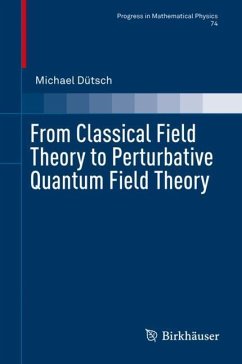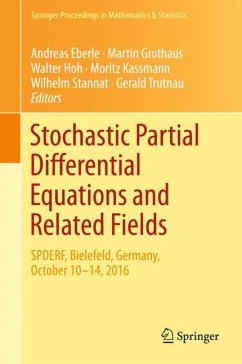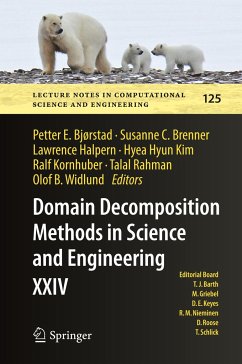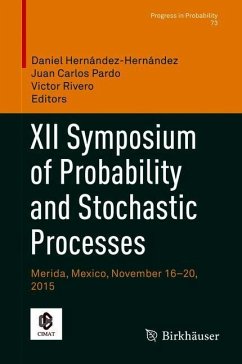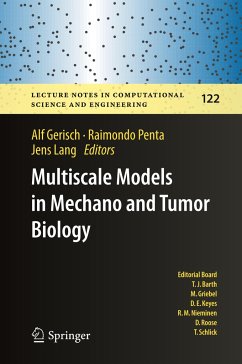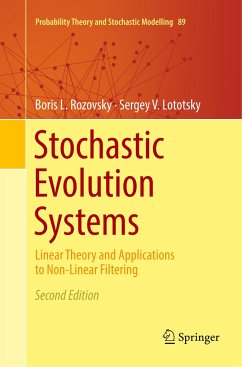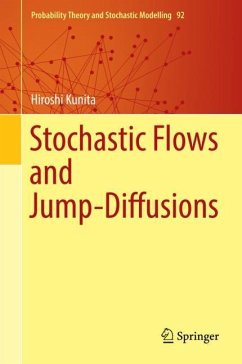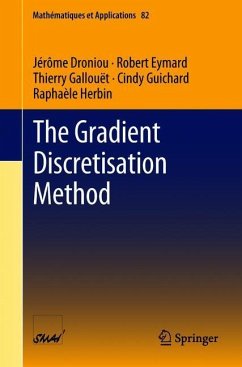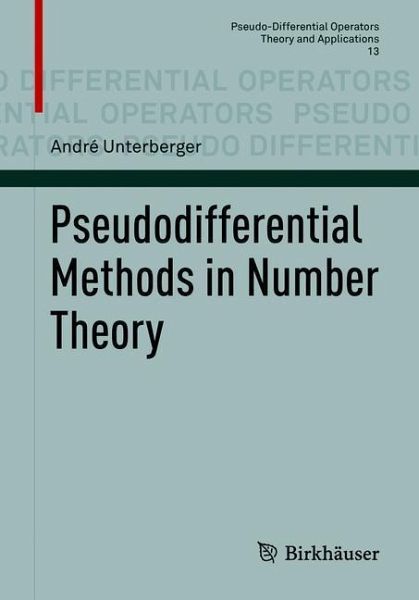
Pseudodifferential Methods in Number Theory

PAYBACK Punkte
25 °P sammeln!
Classically developed as a tool for partial differential equations, the analysis of operators known as pseudodifferential analysis is here regarded as a possible help in questions of arithmetic. The operators which make up the main subject of the book can be characterized in terms of congruence arithmetic. They enjoy a Eulerian structure, and are applied to the search for new conditions equivalent to the Riemann hypothesis. These consist in the validity of certain parameter-dependent estimates for a class of Hermitian forms of finite rank. The Littlewood criterion, involving sums of Möbius co...
Classically developed as a tool for partial differential equations, the analysis of operators known as pseudodifferential analysis is here regarded as a possible help in questions of arithmetic. The operators which make up the main subject of the book can be characterized in terms of congruence arithmetic. They enjoy a Eulerian structure, and are applied to the search for new conditions equivalent to the Riemann hypothesis. These consist in the validity of certain parameter-dependent estimates for a class of Hermitian forms of finite rank. The Littlewood criterion, involving sums of Möbius coefficients, and the Weil so-called explicit formula, which leads to his positivity criterion, fit within this scheme, using in the first case Weyl's pseudodifferential calculus, in the second case Fuchs'.
The book should be of interest to people looking for new possible approaches to the Riemann hypothesis, also to newperspectives on pseudodifferential analysis and on the way it combines with modular form theory. Analysts will have no difficulty with the arithmetic aspects, with which, save for very few exceptions, no previous acquaintance is necessary.
The book should be of interest to people looking for new possible approaches to the Riemann hypothesis, also to newperspectives on pseudodifferential analysis and on the way it combines with modular form theory. Analysts will have no difficulty with the arithmetic aspects, with which, save for very few exceptions, no previous acquaintance is necessary.





